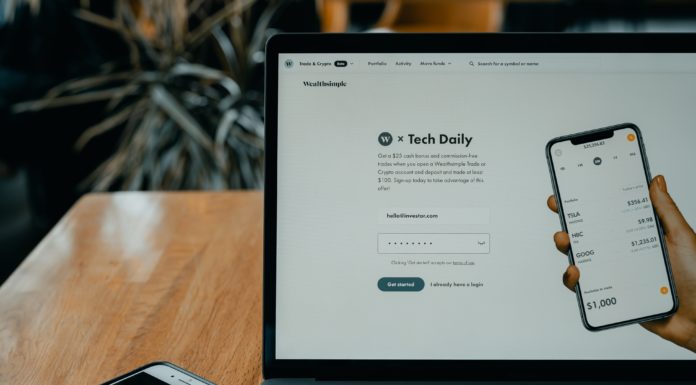Running a small business can often be challenging, especially regarding growth and expansion. However, small businesses can thrive and reach their full potential with a strategic and well-planned approach to agency business development. This article outlines the process of business development for small UK businesses.
Understanding Business Development
Business development is a process that involves creating long-term value for a business through customers, markets, and relationships. It’s about identifying growth opportunities, building and maintaining successful customer relationships, and creating an environment where a company can flourish. The process involves sales, marketing, relationship building, and strategic decision-making.
The Business Development Process

Market Research
Any business development strategy must start with thorough market research. This involves gathering and analyzing data about your industry, competition, and customers. Understand the current market trends, your competitors’ actions, and what your customers need or want. Market research will clearly understand where your business stands and identify potential growth areas.
Identifying Opportunities
Based on market research, identify growth opportunities. This could include entering new markets, launching new products or services, or identifying cross-selling and upselling opportunities to your existing customer base. At this stage, evaluating the risks associated with each option is crucial.
Strategy Development
Once you’ve identified potential opportunities, it’s time to develop a strategy. This could involve choosing target markets, creating a unique selling proposition, deciding on a pricing strategy, and determining the best marketing and sales approaches.
For small businesses, it can be beneficial to focus on a niche market where they can offer something unique or specialized. This helps small businesses compete effectively, build a strong reputation, and create loyal customers.
Building Relationships
Relationship building is a critical part of business development. This involves nurturing relationships with existing customers to encourage repeat business and loyalty and building new relationships with potential customers, partners, and other stakeholders. Networking, attending industry events, and using social media effectively develop and maintain relationships.
Execution
Once your strategies are in place, it’s time to execute them. This may involve launching a marketing campaign, initiating a sales push, or starting the production of a new product or service. Execution should be monitored closely to ensure it aligns with the overall business development strategy.
Evaluation
Lastly, it’s crucial to evaluate the effectiveness of your business development efforts. This should involve tracking key metrics related to your goals, such as sales growth, market share, customer acquisition, and retention rates. If a strategy isn’t working as expected, don’t be afraid to reevaluate and make changes.
Overcoming Challenges

While the benefits of business development are vast, small businesses often face challenges in this area. Limited resources, lack of expertise, and time constraints are common issues. However, these can be overcome with careful planning, delegation, and external resources such as consultants or digital tools.
In the UK, numerous resources are available specifically for small businesses. Government initiatives like the Business Support Helpline, the British Business Bank, and local growth hubs can provide valuable advice and financial assistance.
In conclusion, business development is critical for small UK businesses aspiring to grow. It involves market research, identifying opportunities, developing strategies, building relationships, executing plans, and ongoing evaluation. Despite the challenges, with determination and strategic planning, small businesses can navigate their path to long-term success.




































